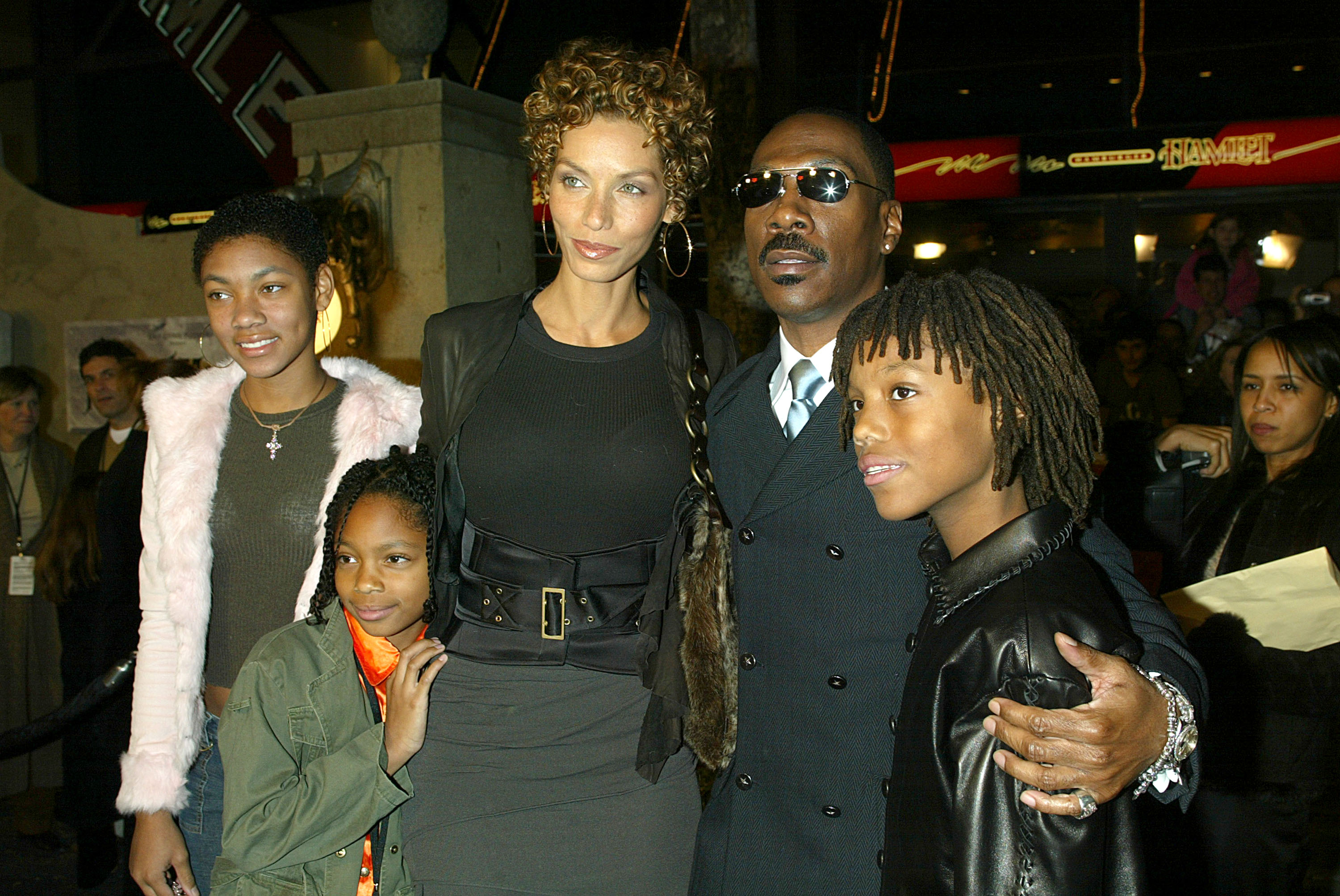

If it comes down to it, the source of the abuse, the computer or phone being used, can be identified by the Gardaí.
Know that you are as responsible for saying things online or by text in cyberspace as well as in the real world. If you post something online and ‘comments’ or ‘chat’ becomes cruel, remove your posts so you are not part of a negative situation. Ask yourself, could these words be picked up the wrong way or cause upset? Is this photo suitable for lots of people to see?. Be careful online and remember that words have the power to heal and hurt. Teach your children to respect others and to take a stand against bullying of all kinds. They become more and more isolated, experience depression and, in extreme cases, can harm themselves or attempt suicide. This can become harder as people grow older. Many people who experience bullying may fear reprisals if they tell someone. All of these may affect your emotional life. Bullying can cause physical, mental and emotional pain and can make you feel alone, scared, angry, confused or sad. Every group has a ringleader who incites supporters, copycats and unenlightened, inexperienced, immature or emotionally needy individuals to continue the cyberbullying.īeing subjected to bullying causes you to feel: upset, threatened, humiliated, and vulnerable. This type of cyberbullying is referred to as “ mobbing” where a target is selected and bullied (mobbed) by a pack of people. The people who are bullying may choose to set up ‘groups’ in an online social network. Post pictures of victims without their consent. Trick children into revealing personal information. Pretend they are other people online to trick others. Tactics Most Often Used By Teen Cyberbullies This type of bullying is just as harmful and upsetting as face to face bullying. It can include written messages, photographs, videos or voice messages. Most often cyberbullies spread rumours, make threats or harass. What is cyberbullying, exactly?Ĭyberbullying is when a child, preteen or teen is tormented, threatened, harassed, humiliated, embarrassed or otherwise targeted by individuals or groups using mobile phone (voice or text messages) or the internet (email, postings, Instant Messages, etc). It’s important to take bullying seriously and not just brush it off as something that kids have to “tough out.” The effects can be serious and affect kids’ sense of self-worth and future relationships. Some kids bully by shunning others and spreading rumours about them. It can range from hitting, shoving, name-calling, threats, and mocking. But when teasing becomes hurtful, unkind, and constant, it crosses the line into bullying and needs to stop.īullying is intentional tormenting in physical, verbal, or psychological ways. When it’s done in a playful, friendly, and mutual way, and both kids find it funny, then it’s fine. Most kids have been teased by a brother or sister or a friend at some point. Not so with cyberbullying where there is no break. 
Talking to John an adult client of mine when he was describing the terrible bullying he experienced in school he noted “At least when school finished at 4.00” it was over, I got a break until the next day”. And if the parent fails to influence the teenager, the world will CONTROL the teenager, and the world is not concerned about what is right or fair.”Īnd so it is with technology particularly in the area of cyberbullying. I am reminded of a sentence that I use when giving workshops for parents and teachers of teenagers “You can’t control your teenager, but you can influence them.
Eddie murphy kids are cruel free#
In a way it saddens me that a raft of free and excellent resources are unavailable to the Digital Dodo’s & Ostrich’s examples include įree Online CBT course for Depression/Anxiety: Free Online Quality Information: Nevertheless there is a dark side to this technology. those who are not interested in adapting to technology and whose cousin’s are the Digital Ostrich’s who bury their head in the sand.įor me I see this digital divide in my therapy room.


Finally there are the Digital Dodo’s, i.e. Many others including me are Digital Immigrants, these are people who did not grow up with technology and adapted to it over time with varying degrees of competence. I look at my own son, Darragh who is 5yrs now and was able to manage games on the phone from 3yrs, he can change settings and leave me befuddled. able to navigate smart phones, tablets, computers, videogames and the internet. Our children are considered ‘Digital Natives’ i.e. Digital technology has its upside and downsides.








 0 kommentar(er)
0 kommentar(er)
